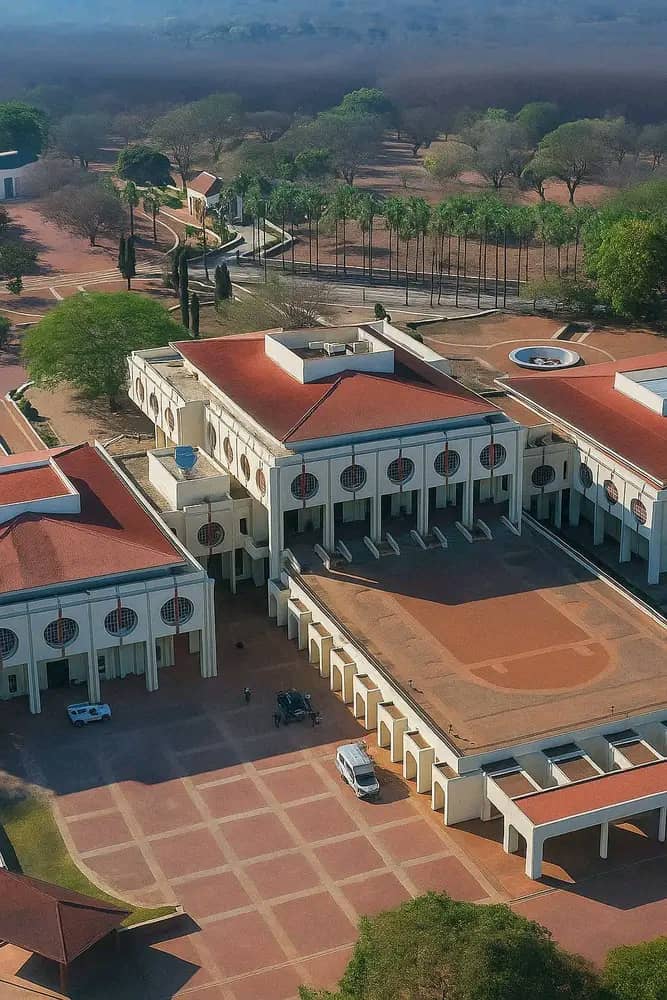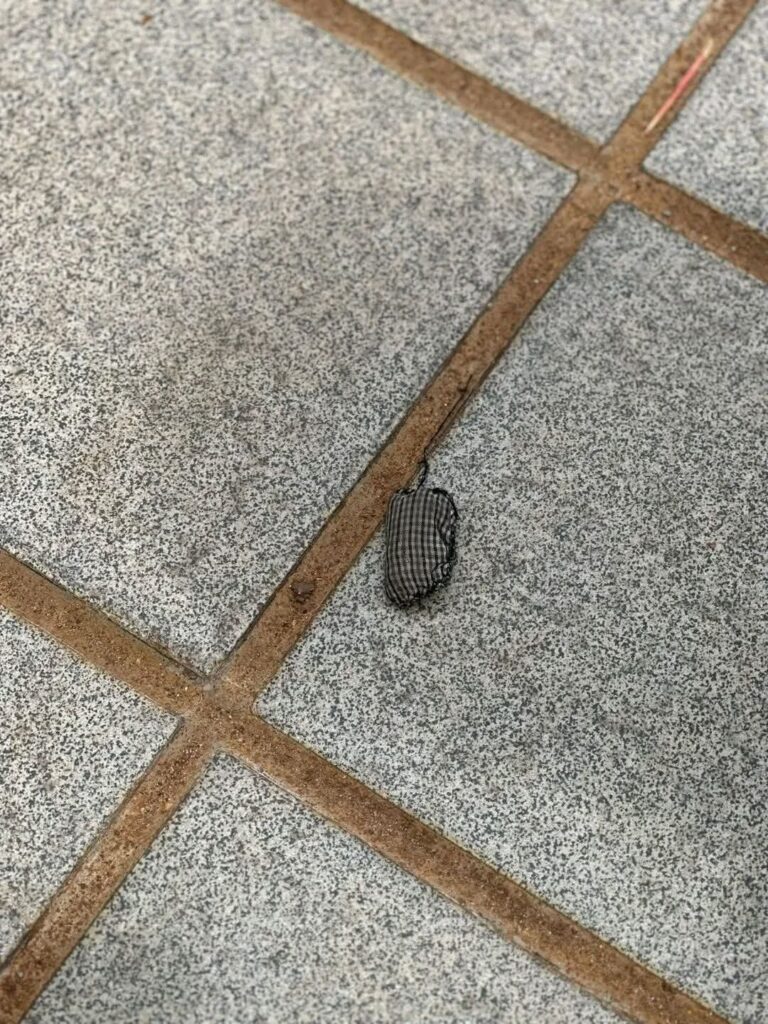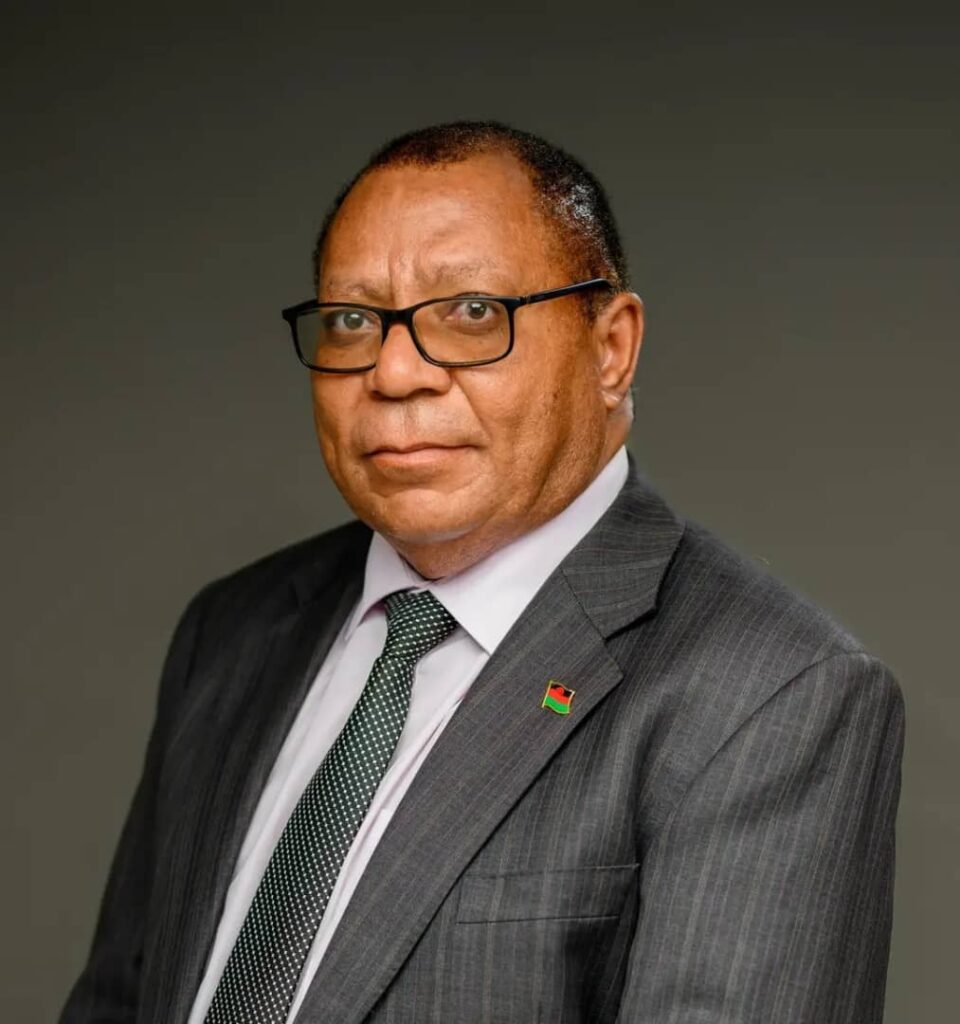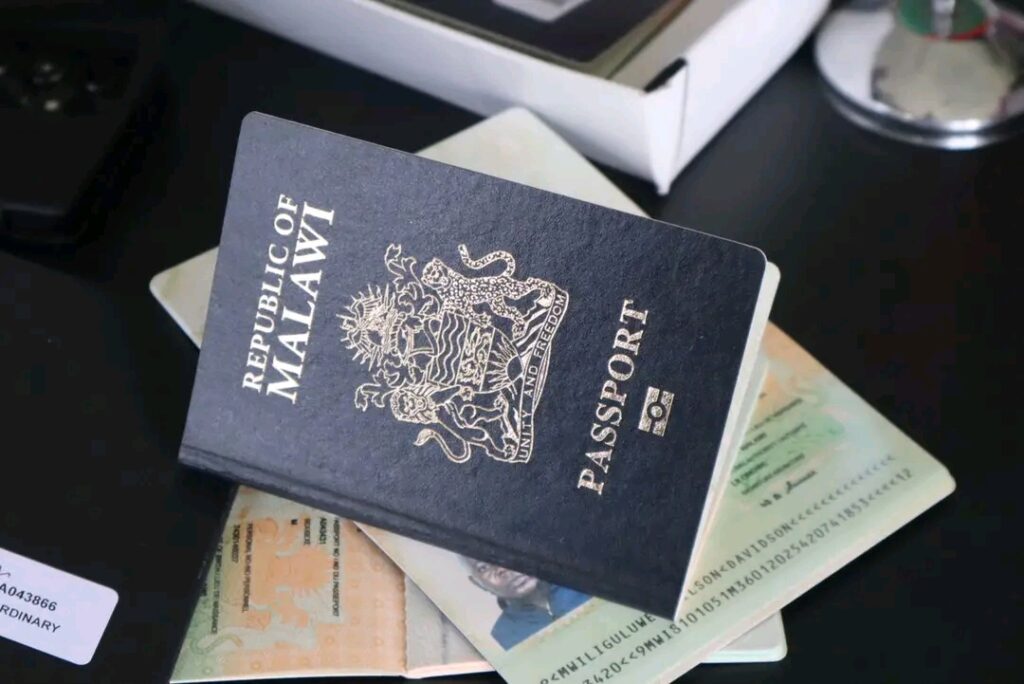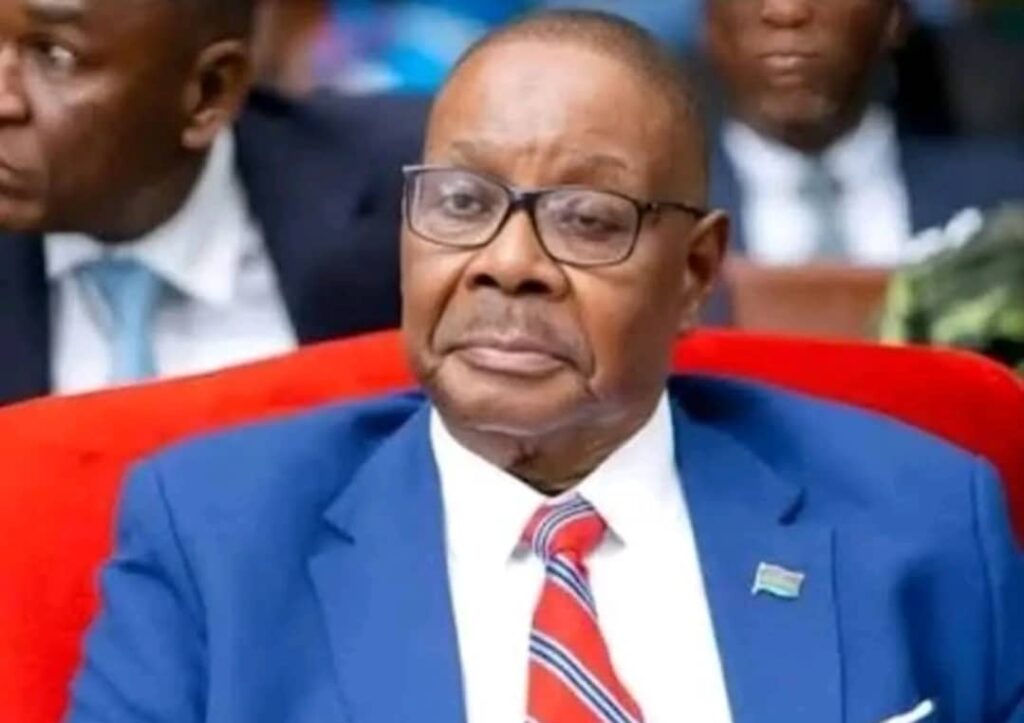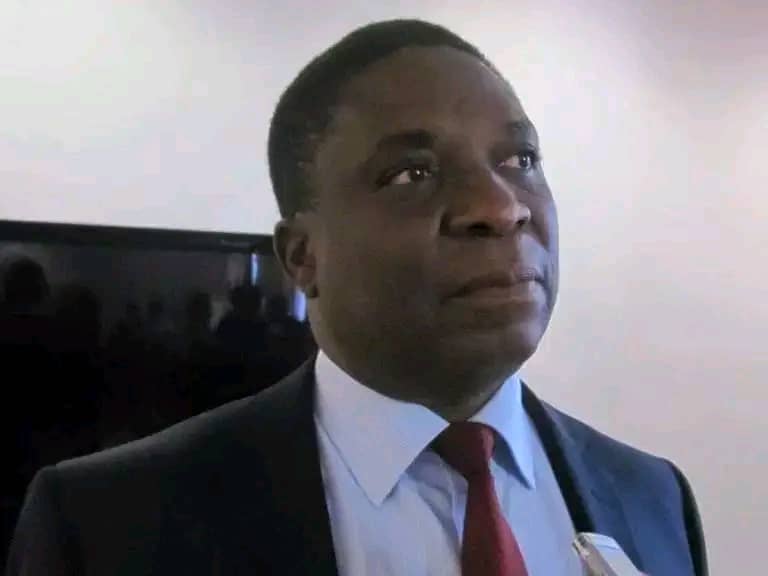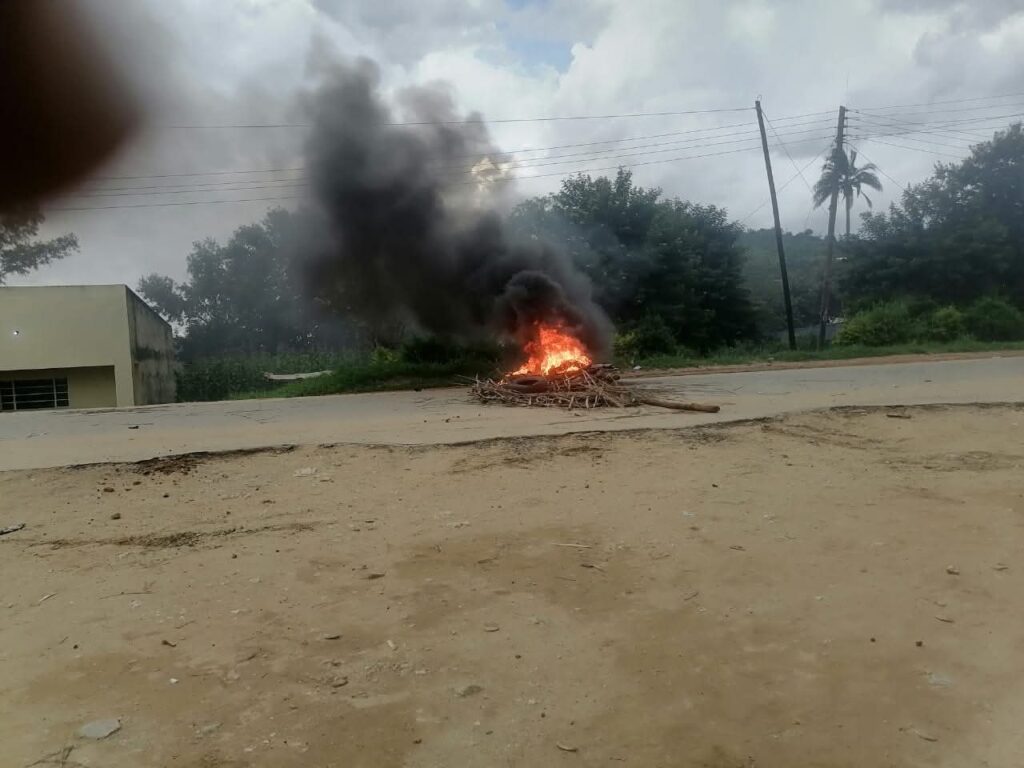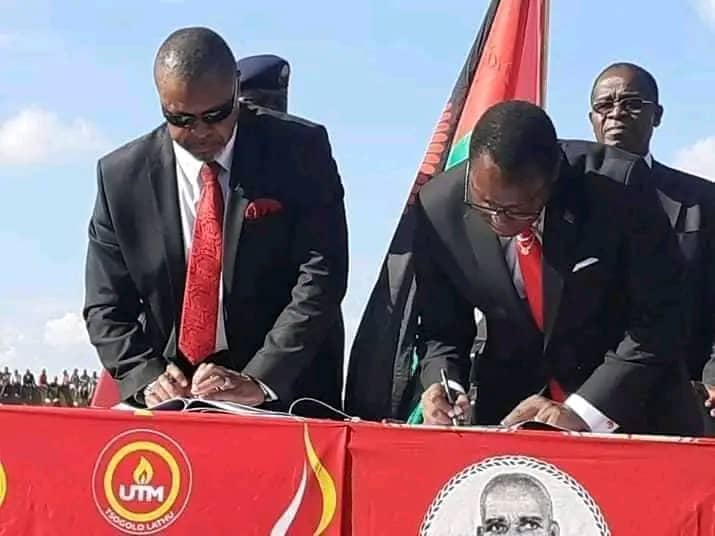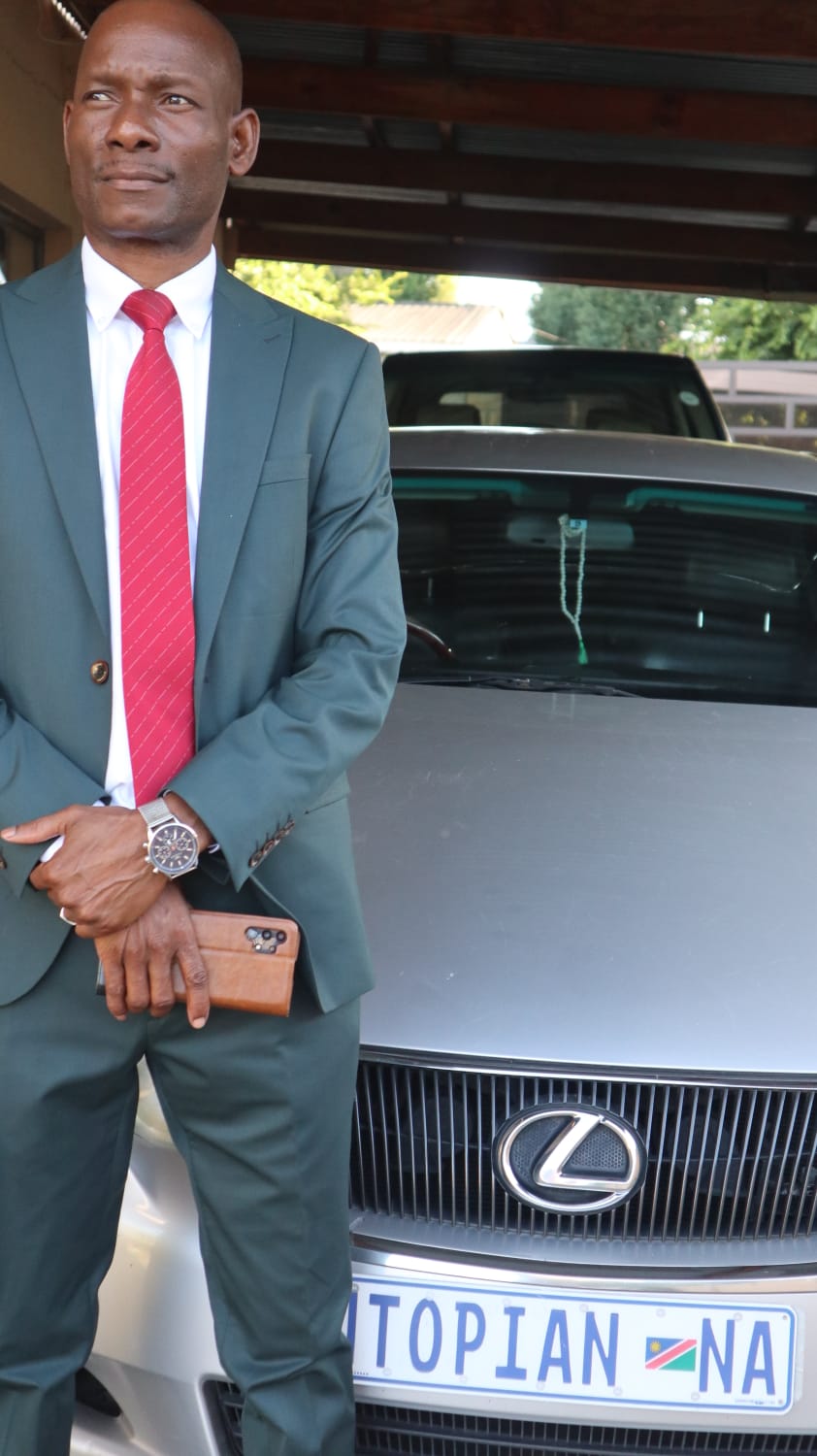Calls grow for accountability and reforms to protect State assets
By Burnett Munthali
Disturbing reports have emerged of widespread looting and vandalism at Kamuzu Palace in Lilongwe.
Eyewitnesses allege that police officers were seen cutting down trees within the grounds of the State House.
Others were reportedly engaged in hunting animals around the premises, raising questions about law enforcement discipline and accountability.
It is further alleged that the shop inside the State House compound was looted by a relative of the former First Family.
According to sources, the President’s sister’s child was identified among those who took everything from the shop, leaving it completely empty.
In addition to the looting, acts of wanton vandalism were also reported inside the houses within the palace.
Water taps were allegedly left running deliberately, causing wastage and potential damage to the infrastructure.
Some of the houses were further defaced, with human waste smeared across the walls in what appears to be an intentional act of desecration.
The developments have shocked many Malawians who view Kamuzu Palace not only as a seat of power but also as a national symbol that should be preserved and protected.
The reported destruction raises concerns about a lack of respect for state property and the absence of accountability in the transition process.
Observers argue that urgent action is required from both the incoming administration and law enforcement agencies to investigate the incidents and hold perpetrators to account.
There are growing calls for the safeguarding of national assets, with many stressing that state property should never be reduced to personal spoils of political change.
If confirmed, these events at Kamuzu Palace could mark one of the most embarrassing episodes in Malawi’s democratic transition, underscoring the need for stronger institutional safeguards.
The reported looting at Kamuzu Palace highlights a recurring weakness in Malawi’s political transitions: the failure to protect public property when governments change hands. Every administration enters office with promises of reform and accountability, yet the cycle of vandalism, misuse, and personal appropriation of state resources persists.
Such incidents are not merely symbolic acts of indiscipline but represent a deeper governance failure—one that erodes public trust and weakens the foundations of democracy. Unless Malawi strengthens institutional mechanisms to insulate state assets from political upheaval, the palace looting will remain a tragic metaphor for a nation where public resources are repeatedly treated as the spoils of power.
To prevent a repeat of such incidents, there is growing consensus on the need for deliberate reforms. Parliament could enact a transitional assets protection law that criminalizes the vandalism, theft, or sabotage of government property during political handovers. Independent oversight committees made up of auditors, civil society, and security agencies could supervise transitions to ensure accountability. Regular audits of government property before and after transitions would help expose damage or theft, while professionalizing the police and military with strict disciplinary measures could address complicity by security officers.
Relatives of political leaders must also be barred from interfering with state property, and any violations should attract prosecution to send a strong message. Civic education campaigns could remind Malawians that state property belongs to the people, not to ruling parties or political families, while strengthening the role of the Ombudsman could provide an additional layer of accountability.
Some analysts argue that state residences like Kamuzu Palace should be preserved with the same dignity as embassies, where the facility remains protected regardless of political changes. Such a framework would promote continuity, respect, and national pride.
If Malawi embraces these reforms, the chaos at Kamuzu Palace could serve as a turning point rather than a repeated embarrassment. Protecting state assets is not just about preventing damage but about preserving national dignity, strengthening accountability, and building public trust in democratic governance.
- BREAKING NEWS: Drama in Parliament as Speaker Orders Owner of ‘Charm’ to Come Forward
- RBM Governor Rallies Banks to Fund Real Economy as Malawi Faces Economic Headwinds
- Kalindo says the cry for passports continues in Malawi
- Kamangila says Mutharika will be the greatest President in Africa
- BMTV, Ntanyiwa joins hands for foot soldiers concerns to Mutharika
- Limpopo FM urges Malawians to protect K7 trillion to corrupt Judges
- NBM plc supports ESCOM PIESA conference with K10 million
- Jatta Rallies Africa to Unite as He Makes Historic Address to Malawi Parliament
- Kamangila Explodes Over New Tax Plans, Says MRA Failures Are Bleeding Malawi Dry

